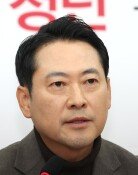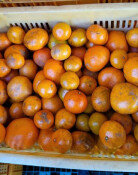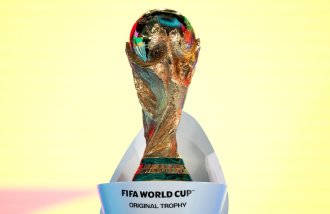Pressuring N. Korea
Seven North Korean boats loaded with fish entered the South Korean port of Sokcho in Gangwon Province Thursday, when Seoul announced the results of a probe blaming a North Korean torpedo attack for the sinking of the Cheonan. More than 100 North Korean fishing boats entered the port in the East Sea through the end of March. The proceeds from the sales of fish and shellfish by North Korean ships to South Korea are funneled to North Korean leader Kim Jong Il and the elite group surrounding him. The South continues to buy North Korean fisheries, whose proceeds are being used to benefit Kim and his confidantes even when a flurry of evidence suggests the Norths role in the sinking. This illustrates how seriously insensitive South Korea is toward North Korea.
Most North Koreans are starving due to their government`s socialist policy and incompetence based on the Norths dictatorship, which is nepotistic and stresses military-first politics by pumping available resources to the armed forces. Pyongyang`s power elite group monopolizes the country`s limited resources and enjoys a lavish life. Corruption and acts of immorality are beyond imagination due to their frequency.
The Norths power elite enjoyed a bonanza of South Korean aid over the 10-year rule by the liberal Kim Dae-jung and Roh Moo-hyun administrations in the South. The two governments pumped as much as eight trillion won (6.7 billion U.S. dollars) into the North. If secret payments the Kim administration allegedly paid to seek the 2000 inter-Korean summit and the money South Korea gave to the North for visits and deals are included, Seoul has paid Pyongyang more than 10 trillion won (8.4 billion dollars). The North has used the money to reinforce its military, including the development of nuclear weapons and missiles, and enrich the private economy for Kim Jong Il and the power elite supporting him.
Seoul is considering better implementation of U.N. Security Council Resolution 1874 on sanctions on Pyongyang. The resolution seeks a ban on the Norths weapons exports and controls its exports, freight inspection, and financial sanctions, and is the toughest sanction the international community can take. U.S. Assistant Secretary of State for Public Affairs Philip Crowley said, "There are measures we can collectively and independently take in reaction to North Koreas grave act of aggression," hinting at sanctions in finance and other fields.
The international community needs effective economic sanctions to help suffocate the North`s power elite. The Cheonan sinking is the North`s worst act of aggression against the South since starting the Korean War in 1950. When Washington froze Pyongyangs bank accounts at Banco Delta Asia, which was suspected to be hiding Kim Jong Il`s slush funds, the North grew uneasy. If the international community detects all of the Norths accounts in financial institutions worldwide, Pyongyangs power elite will have difficulty buying lavish goods or military supplies. Japan also must stop Korean-Japanese residents sympathetic to the North from transferring funds to North Korea.
Seoul must cut off all assistance to Pyongyang`s privileged elite until the North apologizes for its grave crime. The South Korean people also need to take specific action, including a boycott of restaurants and stores operated by the North abroad to cut off the cashflow to the Norths power elite. Strong non-military action can have a powerful effect.







